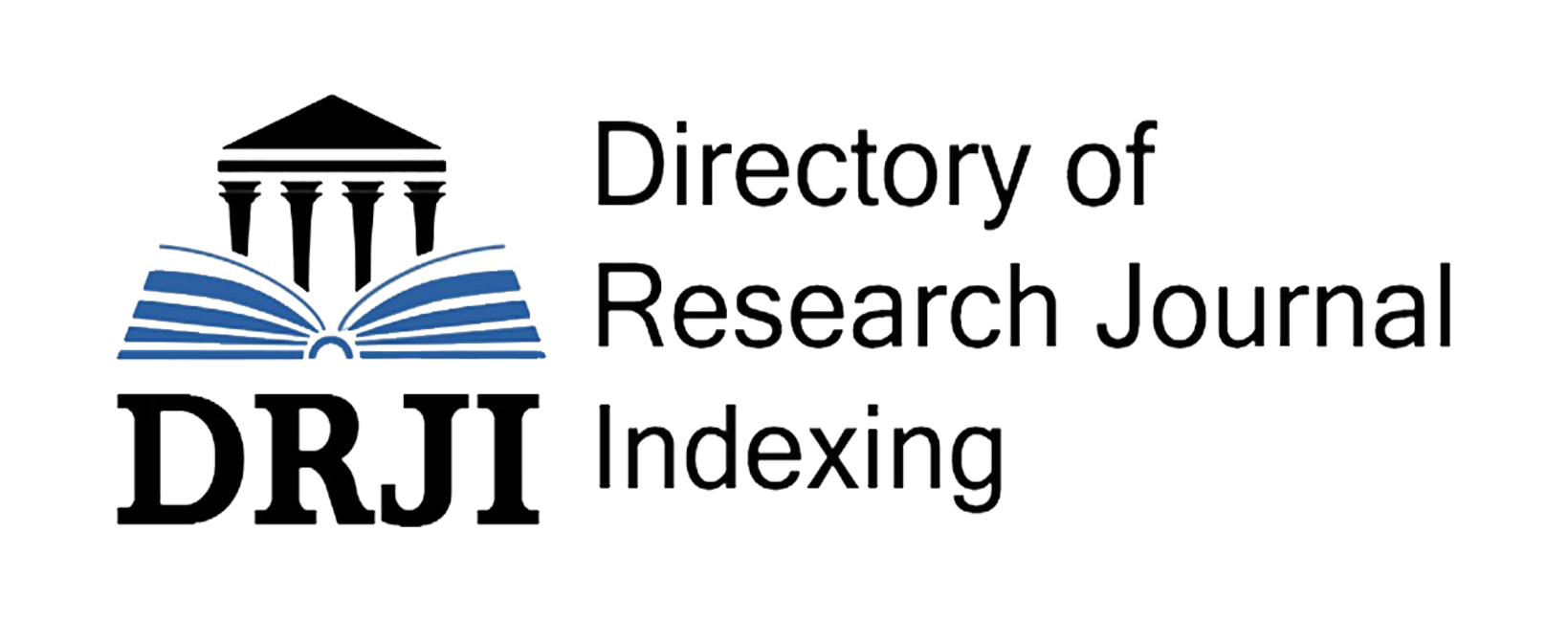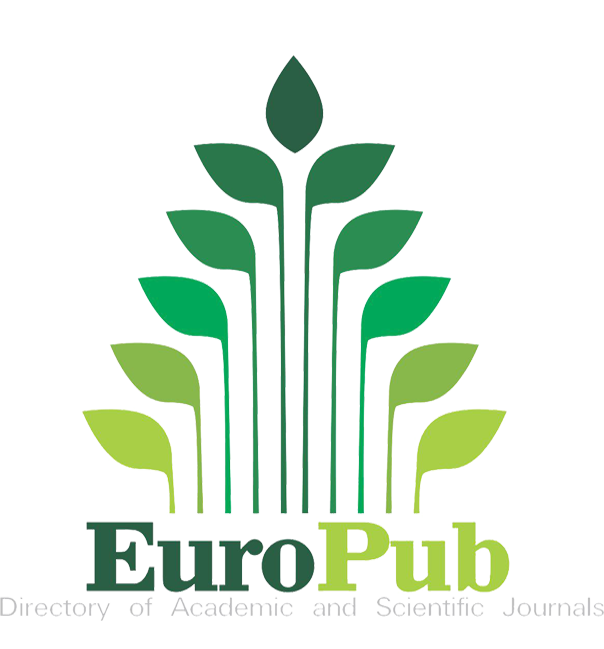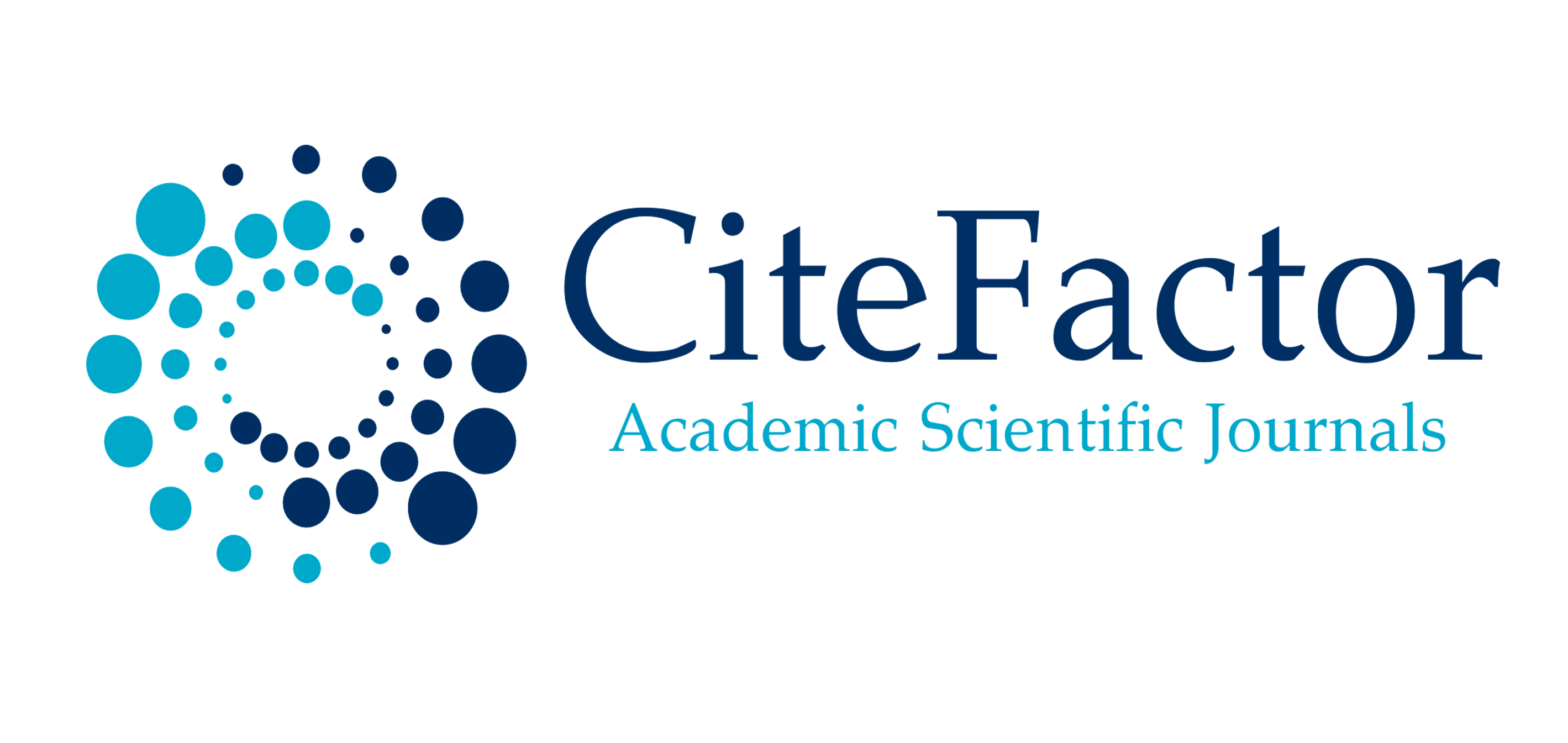A COLLECTION OF USEFUL INFORMATION FOR LINGUISTS, LANGUAGE LEARNERS AND THOSE INTERESTED IN THE STRUCTURE AND USE OF WORD GROUPS IN ENGLISH AND UZBEK LANGUAGES
Keywords:
word groups, nouns, verbs, adjectives, adverbs, sentence structure, English language, Uzbek language, prepositionsAbstract
This article explores the mutual function characteristics of word groups in English and Uzbek languages. The authors conduct a literature review and analyze examples of sentences to identify similarities and differences in how word groups function as nouns, verbs, adjectives, and adverbs in both languages. The analysis reveals that while both languages use word groups to convey meaning within sentences, there are notable differences in the structure and usage of these structures. For example, English heavily uses prepositions to link word groups, while Uzbek uses postpositions and some case endings. Additionally, the flexible word order in Uzbek allows for more options in emphasis, topic prominence, and clause linking, while the rigid SVO word order in English tends to make grammatical roles clearer. The authors conclude that understanding these similarities and differences can help improve communication across linguistic and cultural boundaries. The article provides a useful resource for linguists, language learners, and anyone interested in the structure and usage of word groups in English and Uzbek languages.
References
Azimov, A. (2013). Uzbek Grammar for English Speakers. CreateSpace Independent Publishing Platform.
Biber, D., Johansson, S., Leech, G., Conrad, S., & Finegan, E. (1999). Longman grammar of spoken and written English. Pearson Education.
Bybee, J. (2010). Language, Usage and Cognition. Cambridge University Press.
Crystal, D. (2008). A Dictionary of Linguistics and Phonetics. John Wiley & Sons.
Huddleston, R., & Pullum, G. K. (2002). The Cambridge Grammar of the English Language. Cambridge University Press.
König, E., & Siemund, P. (2015). Introducing English Linguistics. Routledge.
Lewis, M. P., Simons, G. F., & Fennig, C. D. (Eds.). (2016). Ethnologue: Languages of the World. SIL International.
Loos, E., Anderson, S., Day, D., Jordan, P., Wingate, J. (2003). Glossary of Linguistic Terms. SIL International.
Quirk, R., Greenbaum, S., Leech, G., & Svartvik, J. (1985). A Comprehensive Grammar of the English Language. Longman.
Bekmurodov, M., Akhmedova, F., & Kadirova, K. (2020). Study the process of harmonization formation of personal and professional qualities at students. International Journal of Psychosocial Rehabilitation, 24(S1), 597-605.
Kadirova, H., & Akhmedova, F. Sociological Analysis of the Nation's Identity, the Levels of Feeling the National Identity in Uzbekistan. International Journal of Innovative Technology and Exploring Engineering (IJITEE) ISSN, 2278-3075.
Akhmedova, F. (2018). Professional Education Pharmaceutical Personnel in Uzbekistan. Eastern European Scientific Journal, (6).
Ахмедова, Ф. М. (2020). Подход восточных мыслителей к проблеме формирования личностных и профессиональных качеств у молодого поколения. Журнал социальных исследований, 3(3).
Medetovna, A. F. (2018). A Formation of Professional Competence At Future Pharmacists. Asian Studies, 36(2), 1-5.
Buvabaevna, K. H., & Medetovna, A. F. Development And Preservation Of Karakalpak Ethnic Culture. Multidisciplinary Approaches in the Current Times, 63, 63-70.
Medetovna, A. F. (2021). Harmonization of professional and personal competencies in future pharmaceutical personnel. Thematics Journal of Sociology, 5(2).
Akhmedova, F., & Rozikova, R. (2021). THE UNIVERSITY TEACHERS’PERCEPTIONS OF PEER OBSERVATION. EurasianUnionScientists, 4-9.
Ахмедова, Ф. М. (2021). ATTITUDE OF YOUNG PEOPIE TO EDUCATION. ЖУРНАЛ СОЦИАЛЬНЫХ ИССЛЕДОВАНИЙ, 4(4).
Akhmedjanova, D., & Akhmedova, F. (2022). Transition to online learning in Uzbekistan: Case of teaching academic English at Westminster International University in Tashkent. In International Perspectives on Teaching and Learning Academic English in Turbulent Times (pp. 130-140). Routledge.
Sh, Y. (2017). Modern information technologies in Uzbek language teaching. Lecture notes.
Kutlimuratova, D. A., & Yuldasheva, S. S. (2023). TIL TA’LIMIDA QUIZIZZ PLATFORMASINING IMKONIYATLARIDAN SAMARALI FOYDALANISH. QUALITY OF TEACHER EDUCATION UNDER MODERN CHALLENGES, 1(1), 457-468.
Юлдашева, Ш. Ш., & Уразбаева, Д. А. (2017). PROVIDE WITH DIDACTIC FACILITIES IN THE PROCESS OF TEACHING NATIVE LANGUAGE. Актуальные научные исследования в современном мире, (5-1), 140-145.
Shukurlaevna, Y. S. (2022). IMPROVING THE METHODOLOGY OF DEVELOPING STUDENTS'METALINGUISTIC COMPETENCES. American Journal of Interdisciplinary Research and Development, 9, 170-174.
Eshboy, K., & Shukurlaevna, Y. S. (2021). Statistical and Semantic Parameters of Attributive Compounds-Means to Differentiate Uzbek Literary Language. American Journal of Social and Humanitarian Research, 2(9), 40-47.
Yuldasheva, S. S. (2021). The issues of digitalization of uzbek language teaching in the context of innovative education. In TÜRK DİLLƏRİNİN VƏ ƏDƏBİYYATININ TƏDQİQİ VƏ TƏDRİSİNİN AKTUAL PROBLEMLƏRİ (pp. 501-505).









